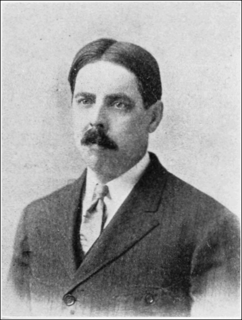A Quote by John Dewey
A moral principle is not a command to act or to forbear acting in a given way: it is a tool for analyzing a special situation, the right or wrong being determined by the situation in its entirety, not by the rule as such.
Related Quotes
Given a situation, a system with a Leerstelle [a gap], whether a given completion (Lueckenfuellung) does justice to the structure, is the "right" one, is often determined by the structure of the system, the situation. There are requirements, structurally determined; there are possible in pure cases unambiguous decisions as to which completion does justice to the situation, which does not, which violates the requirements and the situation.
[the virtues] cannot exist without Prudence. A proof of this is that everyone, even at the present day, in defining Virtue, after saying what disposition it is [i.e. moral virtue] and specifying the things with which it is concerned, adds that it is a disposition determined by the right principle; and the right principle is the principle determined by Prudence.
The "magic if" is a tool invented by Stanislavski, the father of acting craft, is to help an actor make appropriate choices. Essentially, the "magic if" refers to the answer to the question, "What would I do if I were this character in this situation?" Note that the question is not "What would I do if I were in this situation?" What you would do may be very different from what the character would do. Your job, based on your analysis of the script, the scene, and the given circumstances regarding the who of your character, is to decide what he or she would do.
Most people believe they have a clear idea of what's right and wrong. Many say they know how they'll act, or how they'll handle an extreme situation. But to be honest, no one knows. Not reallyBecause none of us truly knows what we'll do when the circumstances become so overwhelming and complex that we can't even tell right from wrong.
If we are too busy, if we are carried away every day by our projects, our uncertainty, our craving, how can we have the time to stop and look deeply into the situation-our own situation, the situation of our beloved one, the situation of our family and of our community, and the situation of our nation and of the other nations?







































